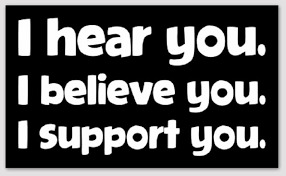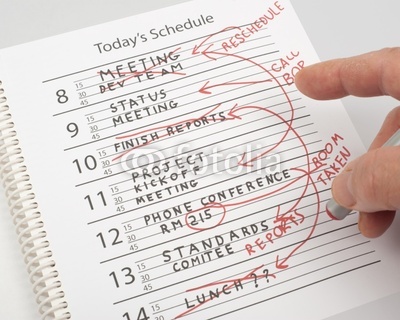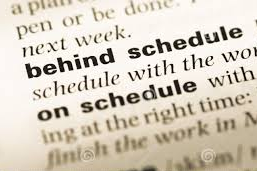
It’s a sort of natural approach for most English learners to translate directly from Portuguese.
One mistake is the use of “believe in”, as “acreditar em” when making comments like, “I was late for work because the traffic was terrible, but I don’t think my boss believed in me.”; or if someone says something that surprises you the response to your surprise is, “You don’t believe in me?!”
In English “to believe something/someone” and “to believe in something/someone” have different meanings. For example, if your teenage daughter comes home at 3 a.m. smelling of alcohol and tells you she was at a friend’s house “just watching movies”, you would say, “I don’t believe you!”
When you “believe someone” it means you accept that what this person is saying is true. In the above situation, your daughter is not telling the truth, so you don’t believe her.

When you “believe in someone” it means you accept the existence of or recognize the value of that person. So, if you don’t believe in your daughter, or son, or whomever, then you simply don’t recognize that this person exists. He or she means nothing to you, holds no value for you.
So “believe in somebody/something” is a phrasal verb, and is used:
1 to be sure that someone or something exists:
Do you believe in God?
2 to say that something is effective or right:
I don’t believe in these diets.
3 to say that you trust someone and are confident that they will be successful:
Believe in yourself, or you’ll never succeed.

Got it? So believe me: I believe in each one of you! 😉











